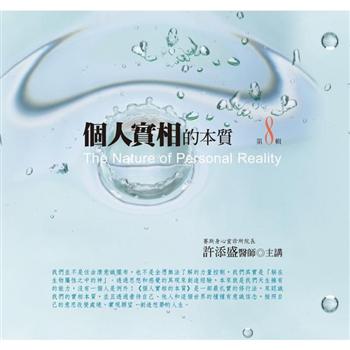This new book describes the intellectual structure of modern science as a body of knowledge produced by the Cartesian method. For Descartes, science was possible only because of certain features of the very nature of human beings. Peter A. Schouls focuses on two largely neglected aspects of Descartes's position: the intellectual imagination and free will. Joining these topics together within the context of Cartesian doctrine, Schouls opens up a substantially new reading of the Meditations and a more complete picture of Descartes as a scientist.Schouls asserts that Descartes viewed the intellectual imagination, the source of hypotheses, as crucial to the development of scientific thought. Descartes placed considerable emphasis on mental power in his discussion of the paths by which humans were to proceed in science--from pure to applied disciplines. Schouls explores the roles of different kinds of imagination in metaphysics, in pure physics or geometry, and in the applied sciences. He argues further that, for Descartes, free will was also indispensable in the pursuit of knowledge--without it, the scientific enterprise could neither start nor continue. Descartes and the Possibility of Science closes with a discussion of the metaphysical bases of free will, intellectual imagination, and other human functions necessary to the advancement of science.
| FindBook |
|
有 1 項符合
Schouls的圖書 |
 |
$ 3275 | Descartes and the Possibility of Science
作者:Schouls 出版社:Cornell University Press 出版日期:2000-08-15 語言:英文 規格:精裝 / 192頁 / 23.6 x 16 x 1.8 cm / 普通級  看圖書介紹 看圖書介紹
|
|
|
圖書介紹 - 資料來源:博客來 評分:
圖書名稱:Descartes and the Possibility of Science
|









